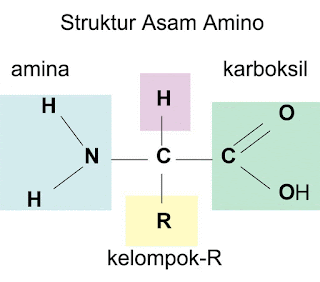Over the last decade, the exited development of genome editing technology has revolutionized research on the human genome, which has enabled investigators to better understand the role of a single-gene product to a disease in an organism. In the 1970s, the development of genetic engineering (manipulation of DNA or RNA) established a novel frontier in genome editing. Based on engineered or bacterial nucleases, genome editing machinery have been developed at a rapid pace over the past 10 years and have begun to show extraordinary utility in various fields, ranging from basic research to applied biotechnology and biomedical research.








